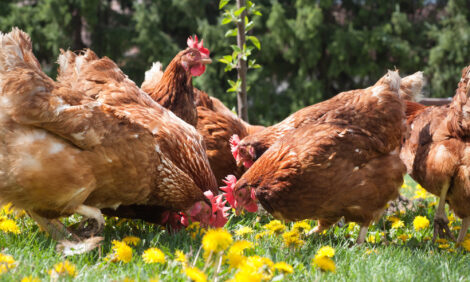



UK vets call on retailers to defend food standards
Vets across the UK are calling on the retail and food service sector to give priority to British produce, even if future trade deals allow the import of foods produced to lower standards.Ian Cure, farm director at VetPartners, is contacting the UK’s main retailers to discuss how they can support British farmers in the months and years to come. He has the backing of the clinical directors at each of the 28 farm or mixed practices within the group.


“We are asking retailers to prioritise a range of Red Tractor certified produce at varying prices, while avoiding designating shelf space to imports of a lower quality. Likewise, the food service sector can choose to source from UK food supply chains.
“These sectors have a high level of influence, as consumers will pick from what is clearly available, which is why we see it as the best way to support our farmers,” he says.
Ian explains that the vets within VetPartners, which collectively look after the health and welfare of over 30 percent of the UK’s dairy population and 45 percent of the pig population, are proud of the higher welfare standards currently achieved by the UK farming sector.
“We are incredibly concerned about how the higher welfare and production standards in UK agriculture will be protected long term, given that MPs failed to enshrine that protection in law when voting against the recent amendment to the Agriculture Bill last month,” he says.
“Future trade deals to allow the import of cheap food from countries outside of the EU would be a step in the wrong direction, as our farmers will not be competing on an even playing field as they attempt to compete with countries with lower costs of production.”
However, he adds that it is not limited to a welfare issue.
“If the UK livestock sector is forced to adopt practices that are frowned upon in Europe to compete, such as the American applications of hormone growth treatments and chlorinated chicken, we would be severely risking our local, lucrative European export market,” he says.
“While trade with countries such as the USA and Australia may have benefits from an economical perspective, the carbon emissions associated with longer distance transport of food is a real concern.
“We see it as imperative that higher welfare standards are maintained, while reducing the carbon footprint of our food supply – it's the right, sustainable thing to do. As MPs have let down the sector, we are now calling on retailers and the food service industry to back UK farming,” concludes Ian.










